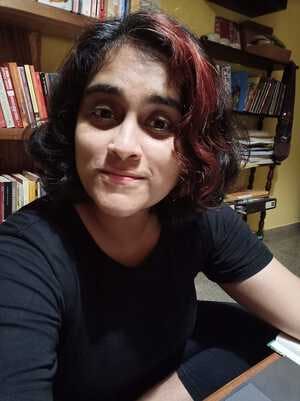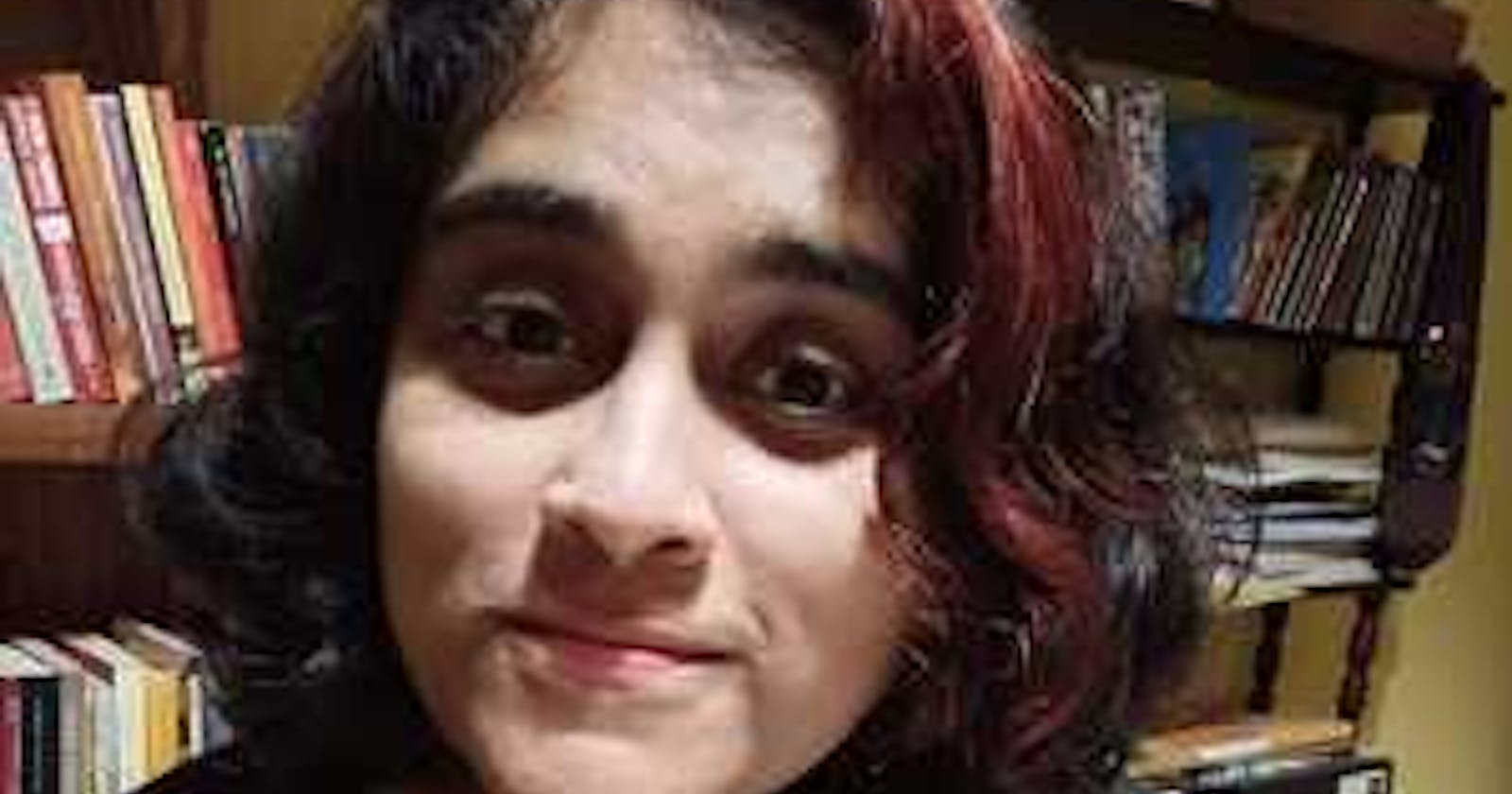Career Opportunities in English and Social Sciences
Meet Ms Kaveri Murthy, who is a successful higher secondary school teacher in a Chennai school

In this interview, Ms Kaveri Murthy explains how she had to choose between specialising in English versus Mathematics, and why she chose English for her Bachelor's.
During the journey to her career, she explains why the institution you study is more important than the specialisation you pursue. Along the way, she also tells us about a top institute for social sciences, Tata Institute of Social Sciences (TISS) and the programs offered there, and the career opportunities for social sciences.
ACG: Tell us about your interests, career plans (if any) and the thought process during your tenth and later at twelfth standard that let you choose the path what you did.
Kaveri: During the Tenth standard, I was interested in a lot of subjects including English, Environmental sciences, Mathematics and sciences. That led me to choose Mathematics, Physics and Chemistry for my plus two specialisation. In those two years, I realised that I was hating Chemistry, Physics was interesting but not much, and my interests in Mathematics and English solidified. I was a school topper in both the subjects.
ACG: What led you to specialise in English for your Bachelor's?
Kaveri: All along, Engineering was not in my radar of careers, the toss-up was between specialising in some sciences to become a scientist or to specialise in English. After twelfth the choice, based on my interest, narrowed down to English or Mathematics.
If I wanted to pursue Mathematics, I felt that if I was not pursuing it in one of the top places (i.e. if I didn't have good teachers), I wasn’t confident that I would be competent to pursue it. On the other hand, my interest in English was that I was confident that I would be competent and could sustain my interest regardless of the institution, and hence I chose English.
Madras Christian College (MCC) was one of the top places for English and so I landed up there.
ACG: Tell us about your experience at MCC.
Kaveri: English was taught more scientifically in MCC, as in most other colleges. I felt that the element of creativity was missing. But the most enjoyable experience at MCC was in the theatre activities, and I can not forget the lifelong friends I had developed through those activities
ACG: How was your peer group at MCC?
Kaveri: I wouldn't say that everyone was really interested in the specialisation. But certainly, the course provided a huge value-add in terms of English proficiency and effective communication (turning phrases into simple and attractive ones), as a result of which, almost everyone was placed in a decent job -- as a content developer, tutor or a teacher.
ACG: What did you do after your Bachelor's?
Kaveri: I was certainly interested in pursuing a Master's degree, and my choice narrowed down to Hyderabad University or the English and Foreign Languages University. My father advised me to choose a university with multiple different departments and I'd say that that was wise advise, and I went to Central University of Hyderabad.
Being a post-graduate program, I had a lot of options for electives, and Hyderabad University had flexible opportunities to audit courses. I used the opportunity to do a lot of courses in political and social sciences, history and philosophy.
That was a real eye opener and that paved the way for me to move away from English to social sciences.
After my Master's I wanted to be financially independent, and I liked teaching, so I decided to teach in a boarding school that professed an alternative education, (as I was familiar with the environment) to teach English.
After a year, I wanted to course correct to the social sciences, and the Tata Institute of Social sciences (TISS) at Bombay was my choice, being one of the top institutes for social sciences. There I specialised in Women's Studies.
ACG: Tell us more about TISS.
Kaveri: Getting a seat in TISS is quite competitive though you don't have tens of lakhs of people competing as for IITs. But the competition is heavy as it is one of the very few (only) top institutes for social sciences. TISS is funded by UGC (University Grants Commission) and it also has a couple of undergraduate programs at its centers in Gauhati and Tuljapur in Maharashtra.
The top class faculty are in high demand for policies and research from state, central and the UN. Students from several states were on scholarship from their respective state governments, that explains the importance given to this institute among governments.
There, I specialised in Women's Studies. Graduates from TISS end up working in NGOs (non-governmental organisations), various think tanks and parliamentary committees. Several new universities including Ashoka University at Delhi, Azim Premji University in Bangalore, Kria University near Chennai have been started to give importance to social sciences and arts, and many graduates from TISS are employed in these universities as faculty (if they have PhD) or as permanent researchers.
In summary, if English or Social sciences is your passion, there are plenty of opportunities to have a fruitful career.

